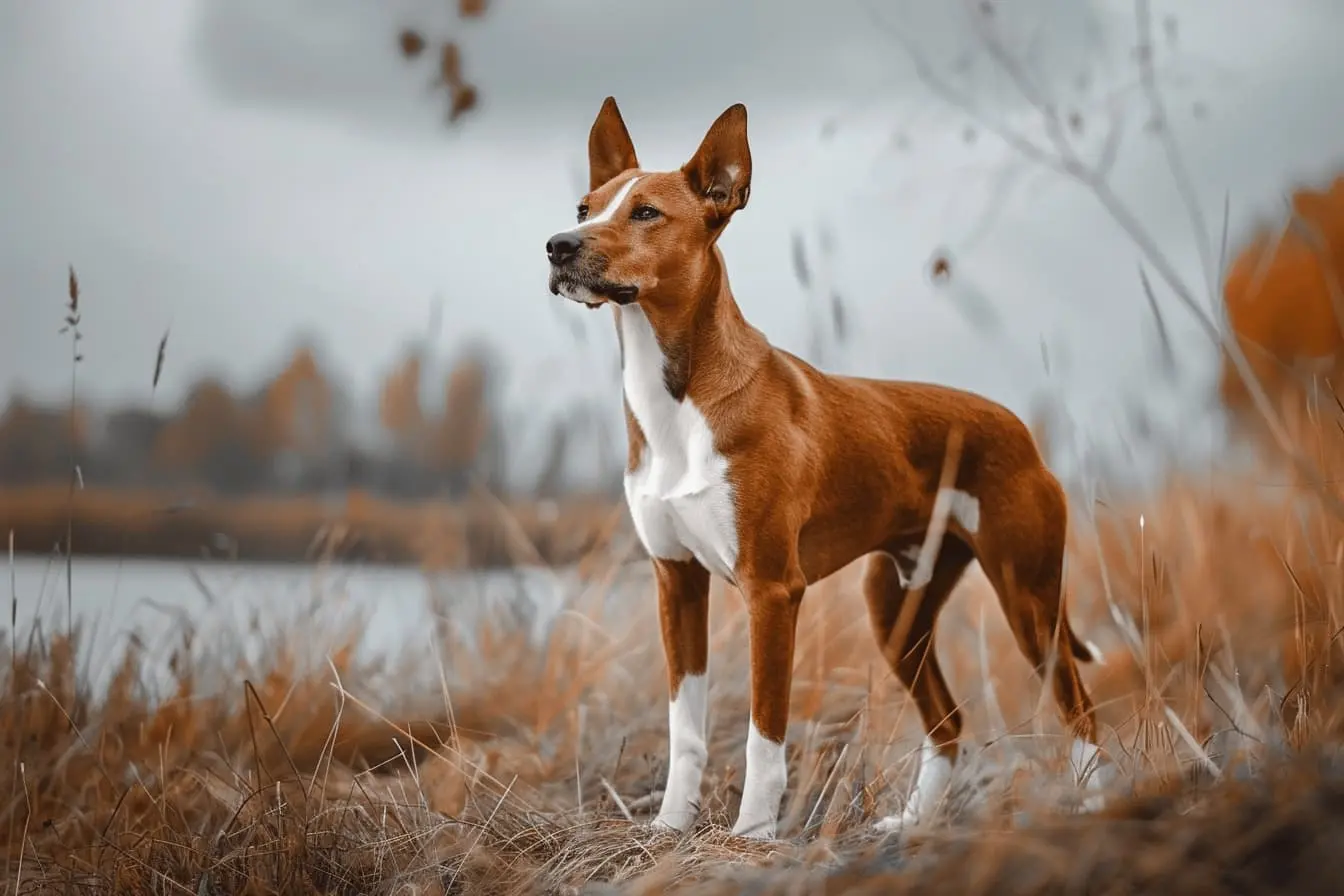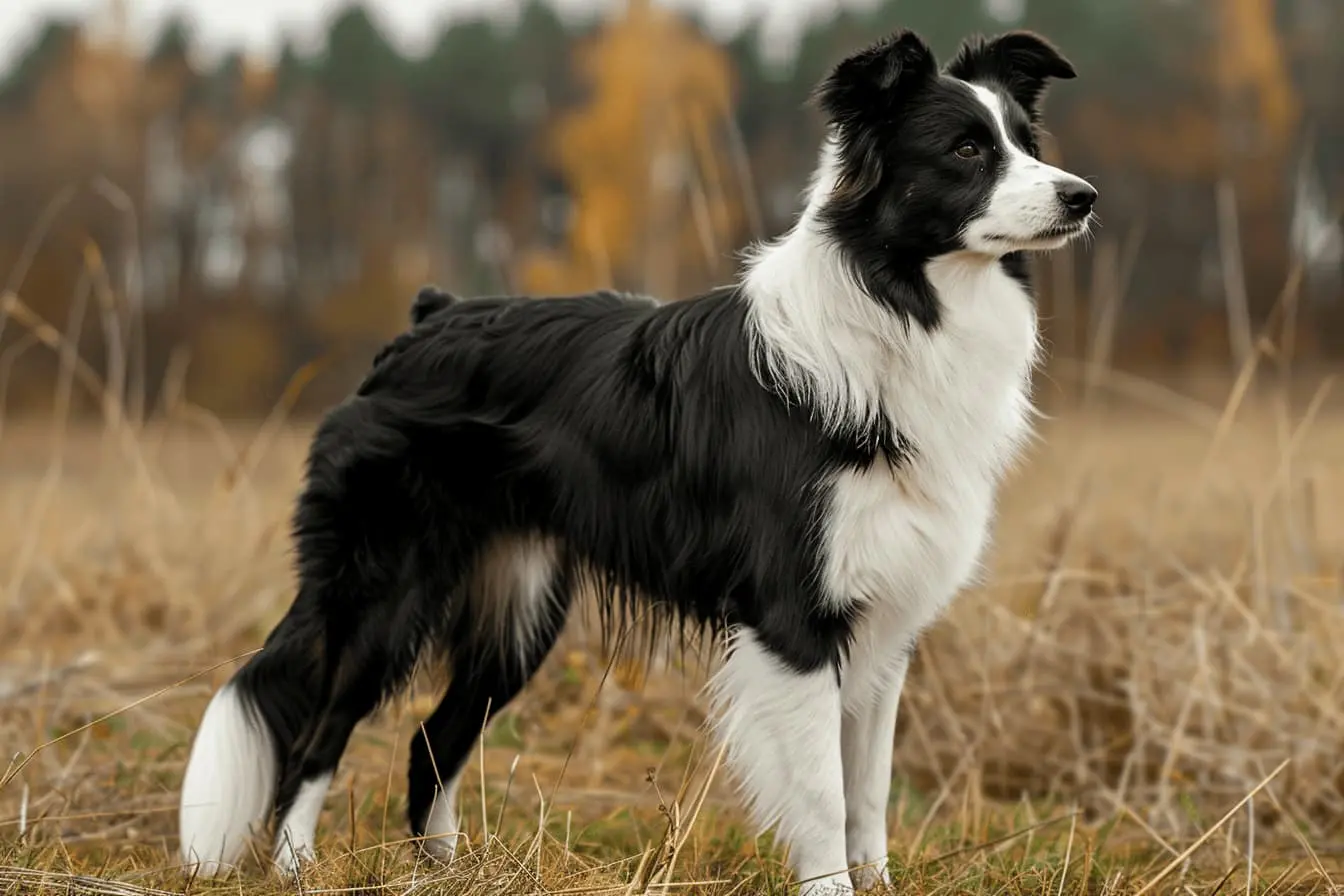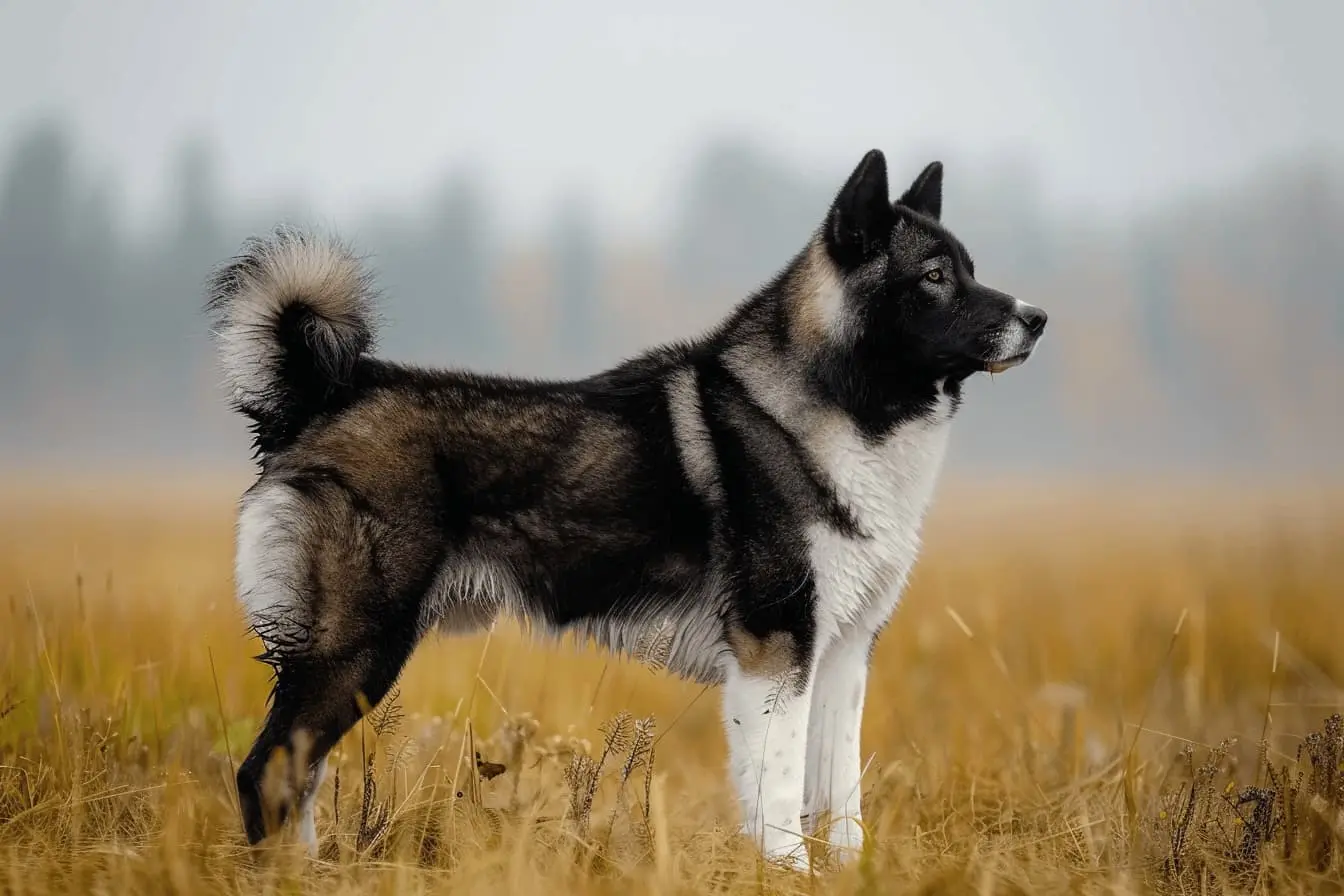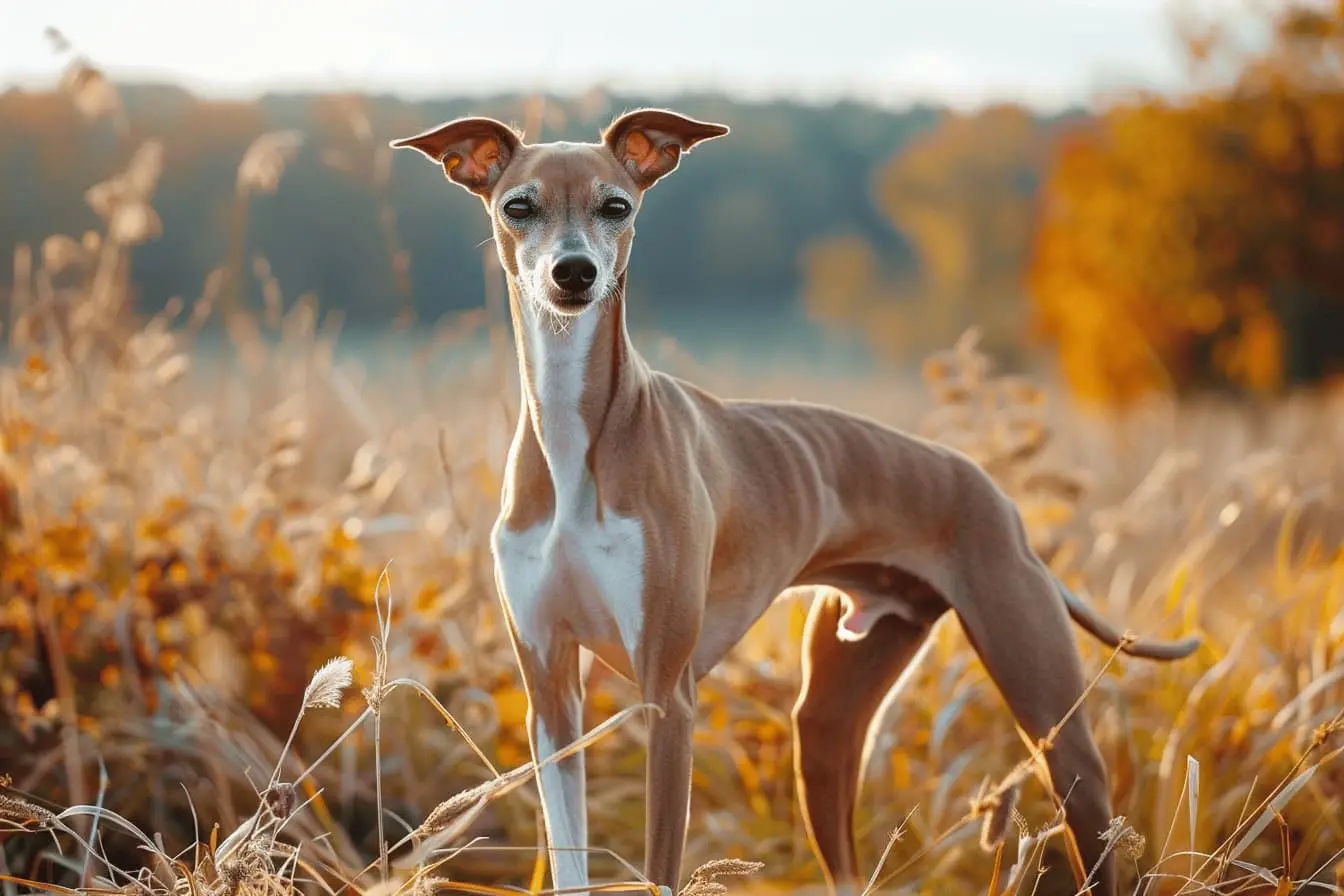
Embracing the Unique: Is a Basenji Right for You?
The Basenji, often dubbed as the "Barkless Dog" from Africa, is a breed surrounded by an aura of mystery and ancient allure. Known for its unique characteristics and cat-like demeanour, the Basenji is not your average dog breed. If you're considering adding a Basenji to your home, it's essential to understand what makes them special, as well as the challenges and joys they bring. This guide aims to provide prospective Basenji owners with a thorough overview of the breed, helping you decide if this intriguing dog is the right fit for you.
Breed Overview
Originating from Central Africa, Basenjis were first bred for hunting, using both their sight and scent to track game. They are perhaps most famous for their distinctive lack of a traditional bark, though they are not entirely silent, often making a variety of sounds including yodels, whines, and growls. Their intelligence, independence, and cleanliness make them a fascinating, if sometimes challenging, companion.
Physical Characteristics
- Size: Basenjis are small to medium dogs, with males standing 17 inches at the shoulder and females slightly smaller. They typically weigh around 9-11 kg.
- Coat: They have a short, fine coat that comes in a variety of colors, including chestnut red, black, brindle, and tricolor, all with white markings.
- Appearance: Basenjis possess an elegant and athletic build, with a high curled tail and expressive, almond-shaped eyes that convey a keen intelligence.
Personality and Temperament
Basenjis are known for their independent and sometimes aloof nature, often being compared to cats. They can be affectionate with their families but are not typically lap dogs. Basenjis are curious and playful, with a high level of intelligence, but their independent streak can make training a challenge. They are known for being escape artists, capable of outsmarting their owners to get their way.
Despite their hunting background, Basenjis are relatively low-energy indoors but do require regular exercise to stay healthy and happy. They have a strong prey drive, so they may not be suitable for households with small animals.
Exercise and Training
Basenjis need a moderate amount of exercise to keep them physically and mentally stimulated. Daily walks, along with opportunities to run in a securely fenced area, are recommended. Their intelligence means they enjoy, and benefit from, mental stimulation such as puzzle toys and training games.
Training a Basenji requires patience, consistency, and a sense of humor. They respond best to positive reinforcement methods but can quickly become bored with repetitive tasks. Early socialisation is crucial to help them become well-adjusted adults, particularly around other dogs and strangers.
Health and Care
Basenjis are generally healthy, but they can be prone to certain health issues such as Fanconi syndrome, a kidney disorder, and Progressive Retinal Atrophy (PRA). Responsible breeders should test for these conditions to ensure the healthiest possible offspring.
One of the Basenji's most appealing traits is their cleanliness; they groom themselves much like cats do. Their short coat requires minimal grooming, making them a good choice for people who prefer a low-maintenance pet. However, they do shed, so regular brushing will help to keep loose hair under control.
Living with a Basenji
Basenjis are well-suited to various living situations, from flats or apartments to homes with large gardens, provided their exercise needs are met. They are known for being quiet, which is a plus for living in close quarters with neighbours. However, their intelligence and propensity for mischief mean they should never be underestimated. Basenjis can be good with children who respect their space, but their patience may be tested with too much rough handling.
Is the Basenji Right for You?
Owning a Basenji is a unique experience that can bring a lot of joy, but they're not the right breed for everyone. They suit owners who appreciate their independence and are prepared for the challenges of training a highly intelligent but sometimes stubborn dog. If you're looking for a quiet, clean, and affectionate companion with a bit of a wild streak, the Basenji might be the perfect addition to your family.
However, if you're a first-time dog owner or if you're looking for a pet that's easy to train and craves constant affection, you might want to consider a different breed.
Conclusion
The Basenji is a breed like no other, offering companionship that's filled with personality, intelligence, and a hint of mystery. With the right preparation, understanding, and commitment, a Basenji can be a delightful and loyal member of your family, bringing laughter, love, and a touch of the exotic into your life.
Vets near you
Speciality vets
- Aquatics vet specialists
- Birds vet specialists
- Camelids vet specialists
- Cats vet specialists
- Cattle vet specialists
- Deer vet specialists
- Dogs vet specialists
- Equines vet specialists
- Exotic vet specialists
- Goats vet specialists
- Pigs vet specialists
- Poultry vet specialists
- Sheep vet specialists
- Small Mammals vet specialists
- Wild vet specialists
Vet facilities
- Accessible by public transport
- Blood testing
- Car park nearby
- Client car park
- Dentistry
- Diagnostic imaging
- Disabled public access
- Flea and worm treatments
- Microchipping
- Mobile services
- Neutering
- Open at weekends
- Out-of-hours service
- Referral interests
- Referrals only
- Street parking outside
- Toilets available
- Vaccinations



